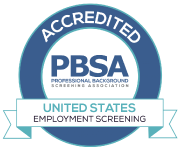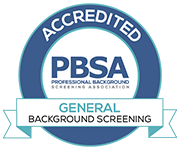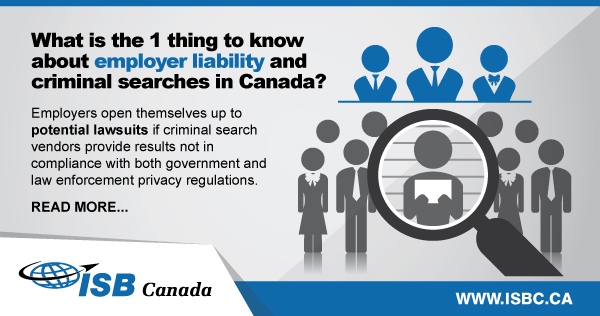1 Thing to Know About Employer Liability and Criminal Searches in Canada
Sarah Baldeo
When it comes to Privacy and Compliance employers are fast learning the accuracy of the adage “too much knowledge is dangerous.” Employees can sue you if the results your provider returns reveals information about them not pertinent to hiring. For example, if your background check provider is not familiar with Privacy and Compliance reforms – such as the Police Reform Act – they might reveal information that opens you up to serious risk. If an applicant asks to see their background check results in the event they do not secure the job they wanted – they can claim discrimination if certain non-conviction results appear in the report. It is imperative that employers ensure their background screening vendors have a Privacy Officer and are up-to-date with the ever-changing legislation from the Canadian Human Rights Commission as well as the Privacy Commissioner of Canada.
Specifically, in Alberta, the Privacy Commissioner recently ruled that background checks if conducted for employment did not require consent. However, when police enforcement rules and regulations do not coincide with government privacy laws, then employers can find themselves in a difficult situation trying to interpret and navigate the sometimes-confusing waters of employment law.
What you do not know can indeed hurt you, but conversely knowing information about a candidate that is not pertinent to their suitability for a role can also be harmful. The key to this paradoxical situation is to ask the right questions of your background-screening vendor. If they do not know the answers around current legislation – then they may very well be providing reports that could put you at risk.
Criminal searches often yield non-conviction results. What does this mean? An individual who has had contact with the police (for example a domestic violence victim) might have their name mentioned in a police report and subsequently be flagged in a background search. When provided with non-relevant information, or information framed without context – then an HR Manager can find themselves biased or confused by criminal search results. Criminal record searches must follow an organized process. When it comes to consent, the recommendation is always to play it safe and inform the candidate you will be performing a search and secure their written/electronic consent. Ultimately, criminal record searches are conducted to protect a company and its employees from potential risks. HR must also be cognizant of the risks associated with liability and improperly conducted searches.







